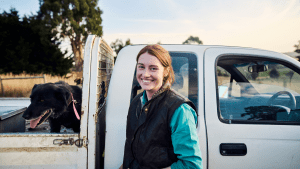
Is Your Farm Finance Strategy Costing You More Than It Should?
Debt is one of the biggest costs in many farming businesses but it’s often overlooked. Our Farm Finance Guide was created to help farming families take control of their debt, structure it better, and stop leaving money on the table. Read more here.




